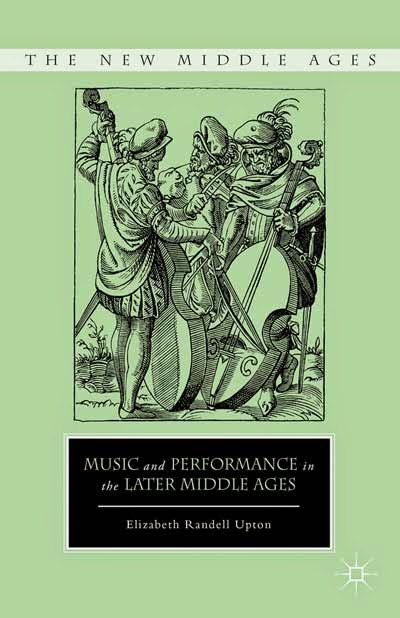Search This Blog
Early music and more by Edward Breen
Where possible, review entries are linked to their original publication.
Posts
Showing posts from 2014
Book Review: Rehearing Late Medieval Song
- Get link
- X
- Other Apps
Book Review: Early music in the modern era
- Get link
- X
- Other Apps
Thurston Dart's Stereophonic Test Record
- Get link
- X
- Other Apps





